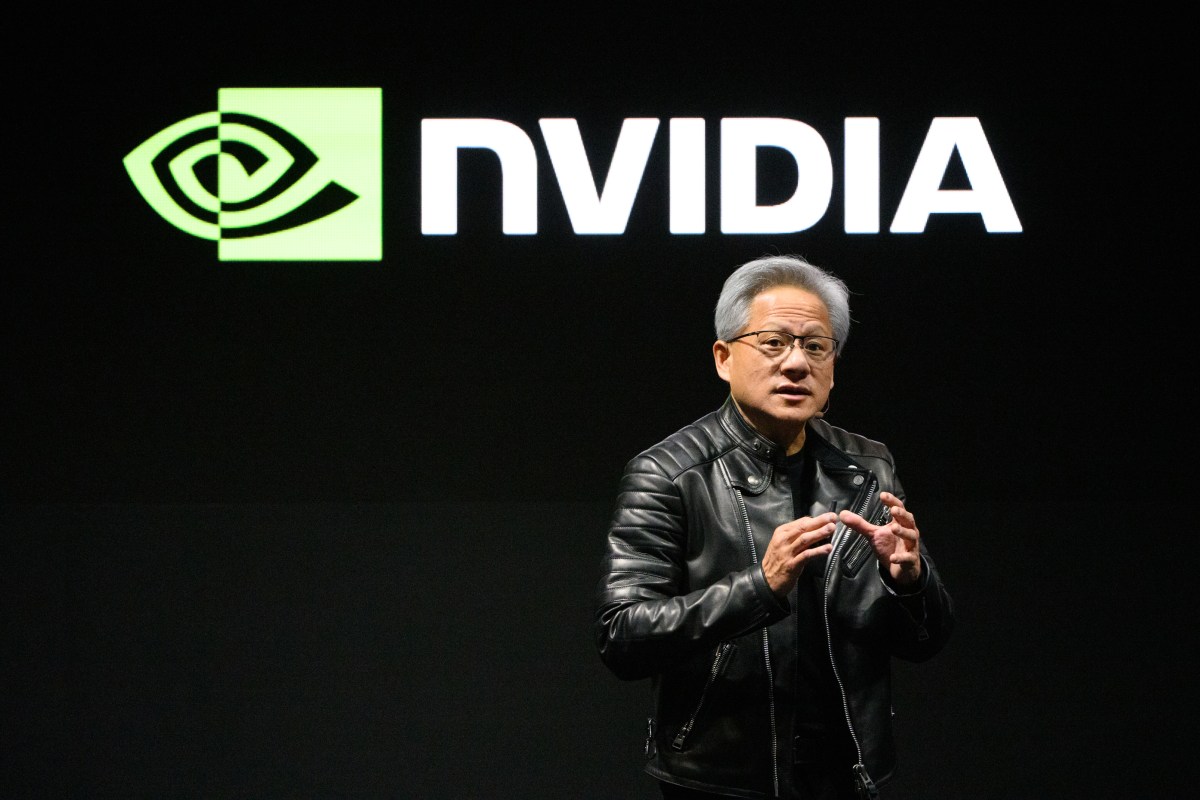
Meta Description: Nvidia suspends production of H20 AI chips for China as Beijing urges domestic chip adoption. Explore the geopolitical tensions reshaping AI hardware markets.
Just weeks after receiving approval to sell AI chips in China again, Nvidia has reportedly stopped progress on a China specific offering. On August 22, 2025, multiple sources confirmed Nvidia asked suppliers to pause production on its H20 AI accelerator a chip developed to meet export controls and regulatory requirements. Beijing is urging Chinese companies to choose domestic alternatives which has created fresh market pressure and brought geopolitical risk into sharp focus.
Nvidia's path back into the China tech market has been complex. The H20 was created as a compliance focused solution to navigate recent U.S. export controls on AI chips. Unlike Nvidia flagship H100 chips the H20 was intentionally designed with reduced computational power to comply with conditions while still offering Chinese AI developers a viable AI accelerator option.
Reports indicate the approval to sell in China included controversial revenue sharing conditions that raised industry concern. For Nvidia China remains a major market opportunity as Chinese tech firms invest heavily in generative AI processors and large language model training. The H20 was positioned as a bridge solution to balance U.S. controls and local demand.
According to reporting the situation is fluid with potential implications for AI services and hardware availability in China as domestic alternatives gain traction.
This development signals growing fragmentation of global AI infrastructure. Reduced access to advanced Nvidia chips could accelerate China efforts for semiconductor self sufficiency and silicon sovereignty and push more investment into local fabs and design houses.
The H20 pause also raises questions about the effectiveness of compliance focused chip designs. If a deliberately constrained product faces political headwinds it suggests technical workarounds alone may not overcome broad geopolitical tensions. The reported revenue sharing conditions on approvals may also have dampened commercial demand among Chinese buyers wary of contractual constraints.
From a competitive perspective Huawei Ascend series and Cambricon MLU processors stand to gain share while the need for supply chain resilience becomes more apparent for global AI developers. The episode underscores how export controls and the US China semiconductor trade war can reshape market dynamics and accelerate the emergence of separate AI hardware ecosystems.
Nvidia H20 production halt is a reminder that technical innovation must navigate complex political realities. The intersection of AI and geopolitics continues to reshape technology supply chains and strategic choices for companies building next generation AI systems. As events develop the key question remains will global AI hardware markets split into distinct ecosystems divided along geopolitical lines and what will that mean for the pace of AI innovation.



